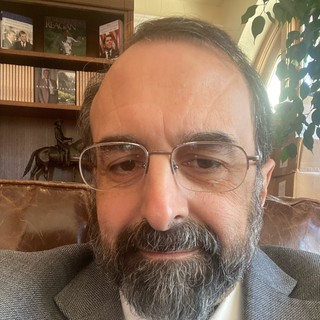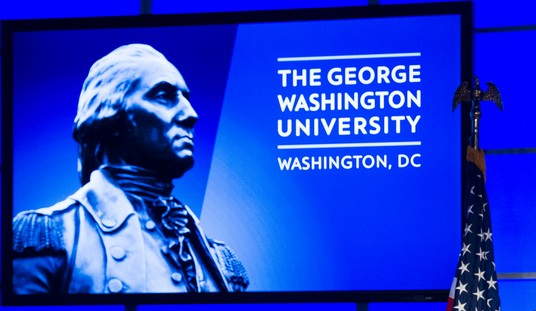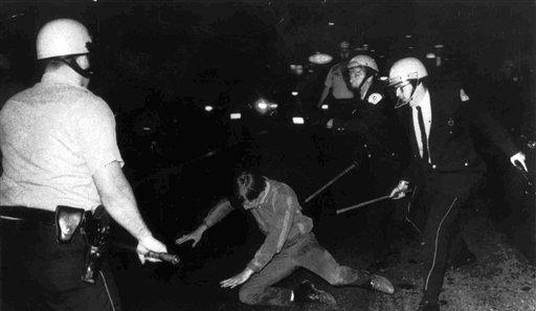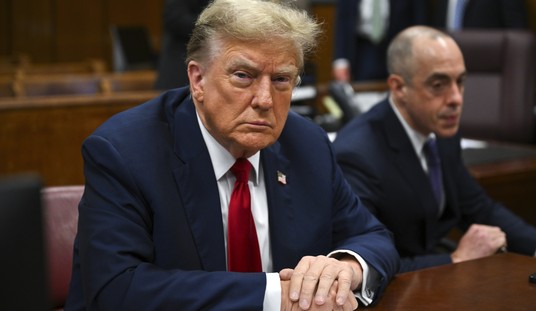Fort Hood jihad mass murderer Major Nidal Malik Hasan was in the news again last week, when he was found in contempt of court for the third time and fined $3,000 for refusing to shave his beard. (He can afford it; he is still receiving his salary from the U.S. military.) Also last week, a man who considers Hasan his hero and role model, Army soldier Naser Abdo, received a life sentence for attempting to repeat Hasan’s murderous attack at Fort Hood. Both cases demonstrate, in different ways, the abject failure of government and law enforcement officials to deal adequately with the challenge of Islamic jihad terrorism.
The judge who found Hasan in contempt again and fined him is treating the former Army psychiatrist as if he were a delinquent American soldier, which in a technical sense he is. But Hasan’s beard is not just facial hair; it is a statement. It is his assertion that he is not an American at all, but a Muslim and a jihadist, someone who regards America as an evil enemy, the “Great Satan” indeed — an enemy that he believes must be fought against as a matter of divine principle. Hasan’s beard is his silent declaration that he is an enemy combatant, and that it is ludicrous to try him as if he were in any meaningful sense an American soldier who has even the slightest degree of interest in following any of the rules of the U.S. military. And it is.
Hasan’s beard and the reaction to it demonstrate the official unwillingness to face the reality of the Islamic jihad against the United States. They are another manifestation of the official determination to pretend that jihad does not exist. Finding Hasan in contempt of court for his beard is as wrongheaded as classifying his jihad attack as “workplace violence,” and stems from the same wellsprings. Hasan is not an American soldier at all in any genuine sense, and should not be tried simply as if he were a military officer who committed a crime. But to do otherwise would be to acknowledge the existence of the jihad that officials are determined to ignore.
Naser Abdo’s life sentence, meanwhile, recalls the fact that he was granted conscientious objector status and discharged from the Army in 2010: he had not wanted to go to Afghanistan to fight against his fellow Muslims, and was widely presented in the media at the time as a thoughtful man of peace. He played the role to the hilt, saying that once discharged he wanted to combat “Islamophobia” and “to try and put a good positive spin out there that Islam is a good, peaceful religion. We’re not all terrorists, you know?”
After saying this, Abdo quickly set out to demonstrate the riskiness of the determination on the part of the government, law enforcement, and mainstream media to find and spotlight “moderate Muslims”: he began plotting to construct bombs and detonate them in a crowded restaurant full of soldiers from Fort Hood. Abdo defiantly admitted his guilt in court, and even cried out “Nidal Hasan Fort Hood 2009.” He referred to Hasan as “my brother” and spoke of his “efforts to outdo him.”
Abdo’s case doesn’t mean that every self-described believer in Islam as a “good, peaceful religion” is a murderous liar as he was, but it does illustrate the fact that assurances are not enough from peaceful Muslims. Yet the major Muslim organizations in the U.S. continue to do nothing of significance to aid law enforcement efforts against jihad terrorism, despite their claims to oppose it. Even worse, they continue to protest against law enforcement measures to stop jihad attacks, complaining of “profiling.” The California chapter of the Hamas-linked Council on American-Islamic Relations (CAIR) even once distributed posters telling Muslims not to talk to the FBI.
CAIR and its allied groups would prefer that the FBI simply take their word that no Muslims in mosques in the U.S. are up to anything of concern. But Abdo’s words about Islam’s peacefulness show that it is not unreasonable for the FBI and other law enforcement officials not to be satisfied with fine words, but to look for actions as well. The trial of Major Hasan, however, shows that there also needs to be a comprehensive reappraisal of how jihad attacks are treated by law enforcement officials and in the courts.
But as long as Obama remains president, nothing is much less likely.









Join the conversation as a VIP Member